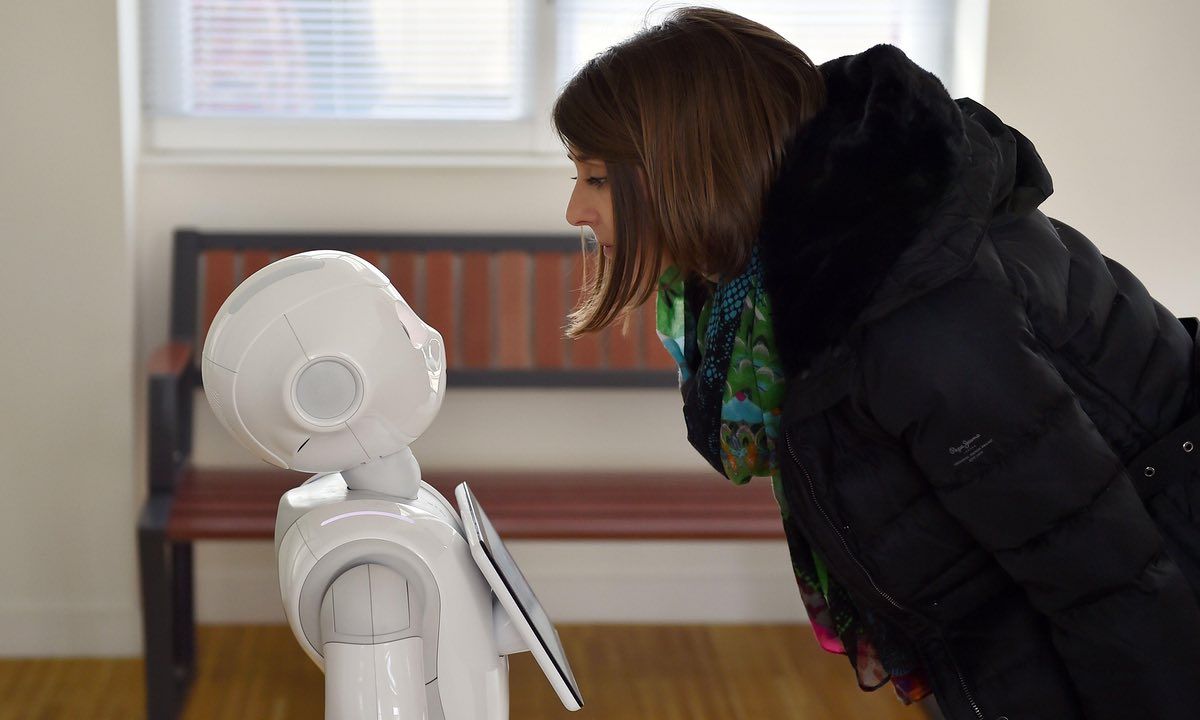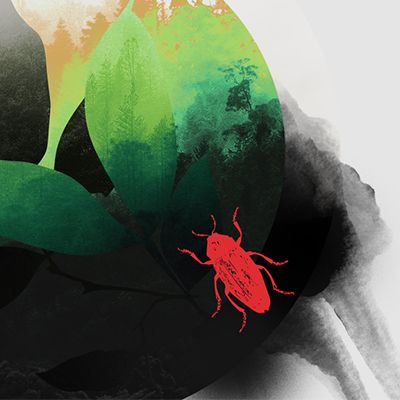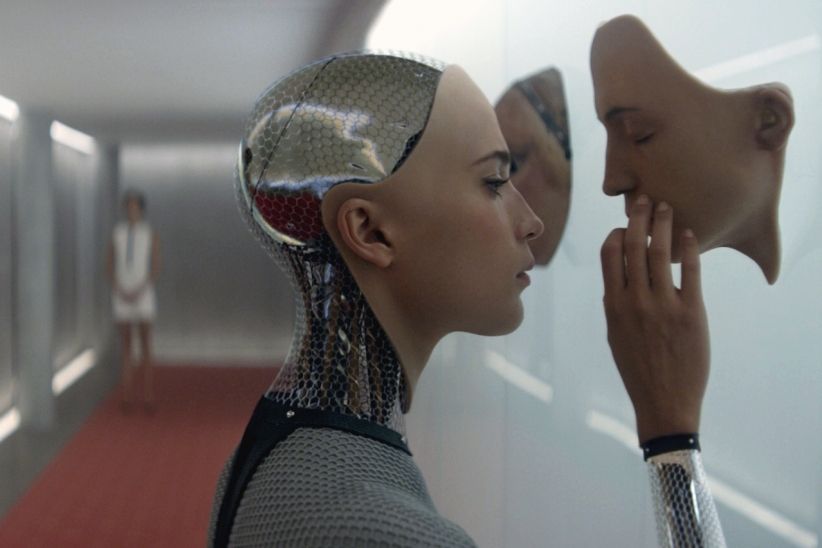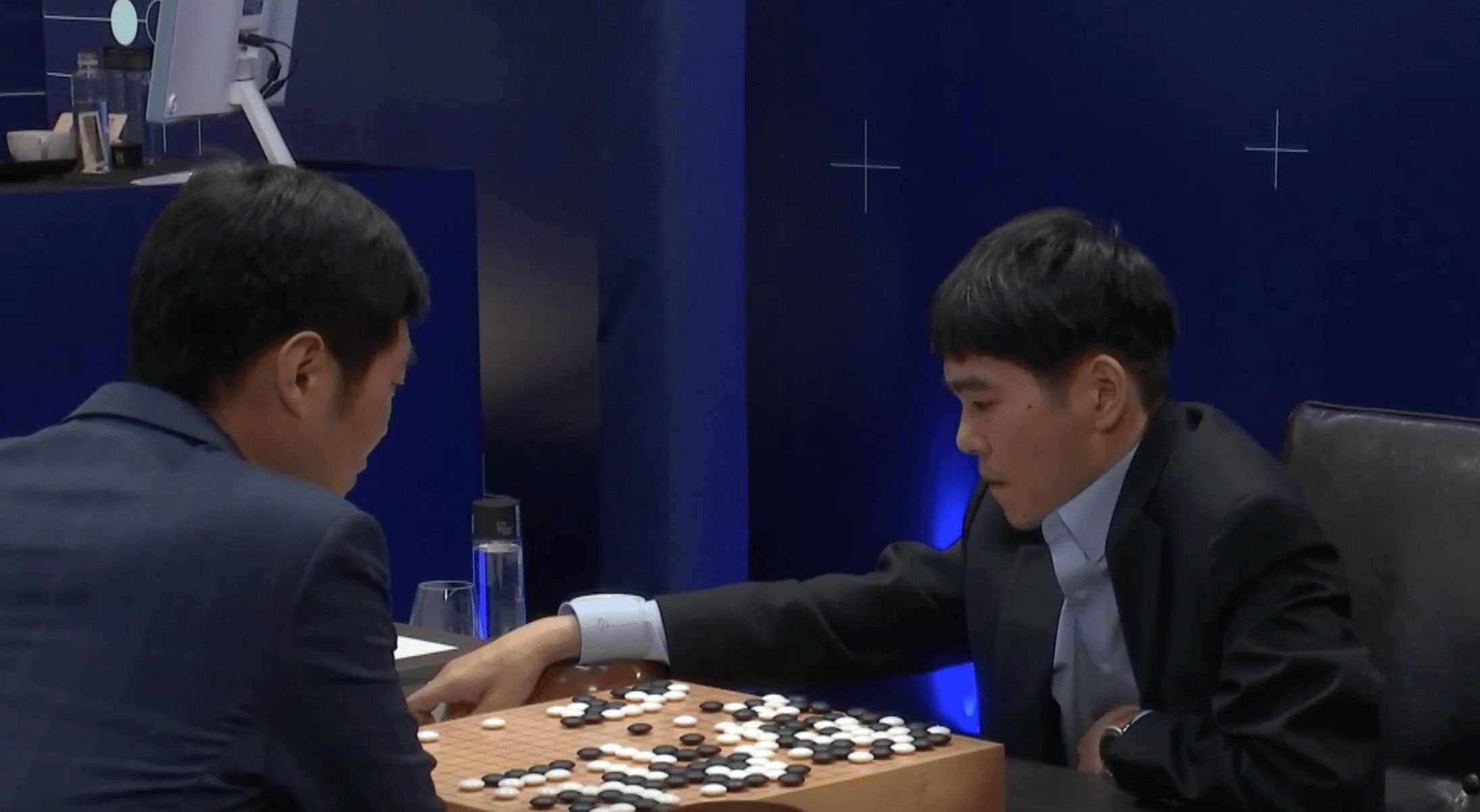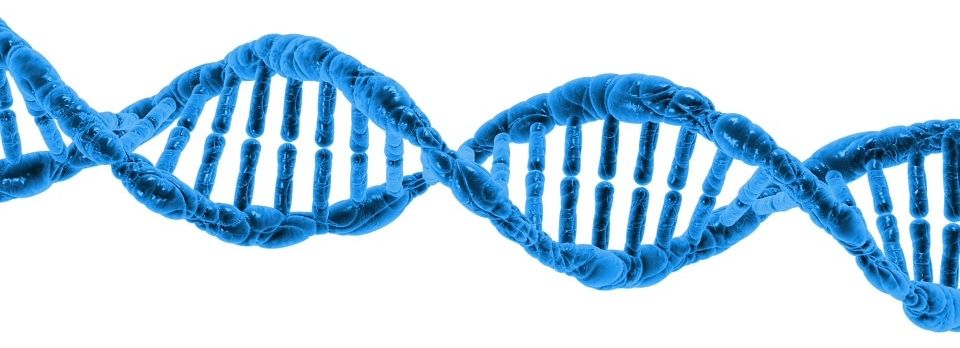Page 11696
Mar 13, 2016
A Timely Fix for a Grand Theory of Nature
Posted by Karen Hurst in category: biological
A disarmingly simple model of ecology does everything well — except for predicting how rapidly nature can change. Can it become more realistic while still avoiding biology’s messy complexities?
Mar 13, 2016
Ray Kurzweil: Computers Will Not Rob Us of Our Humanity. They Will Make Us More Profoundly Human
Posted by Karen Hurst in categories: computing, Ray Kurzweil
The futurist sat down with Neil deGrasse Tyson to discuss what it means to think and create in a near-future where knowledge and expertise are downloadable.
Mar 13, 2016
This Week’s Awesome Stories From Around the Web (Through March 12)
Posted by Klaus Baldauf in categories: internet, robotics/AI
“Deep learning enables the robot to perceive its immediate environment, including the location and movement of its limbs. Reinforcement learning means improving at a task by trial and error. A robot with these two skills could refine its performance based on real-time feedback.”
ARTIFICIAL INTELLIGENCE: Google and Facebook Team Up to Open Source the Gear Behind Their Empires.
Mar 13, 2016
Kuiper Belt Objects Point The Way To Planet 9
Posted by Sean Brazell in categories: computing, mathematics, space
On January 20th, 2016, researchers Konstantin Batygin and Michael E. Brown of Caltech announced that they had found evidence that hinted at the existence of a massive planet at the edge of the Solar System. Based on mathematical modeling and computer simulations, they predicted that this planet would be a super-Earth, two to four times Earth’s size and 10 times as massive. They also estimated that, given its distance and highly elliptical orbit, it would take 10,000 – 20,000 years to orbit the Sun.
Since that time, many researchers have responded with their own studies about the possible existence of this mysterious “Planet 9”. One of the latest comes from the University of Arizona, where a research team from the Lunar and Planetary Laboratory have indicated that the extreme eccentricity of distant Kuiper Belt Objects (KBOs) might indicate that they crossed paths with a massive planet in the past.
Mar 13, 2016
Google’s AlphaGo Beats World Champion In Third Match To Win Entire Series
Posted by Gerard Bain in category: robotics/AI
Mar 12, 2016
Craig Venter: Future Pathways for Synthetic Genomics
Posted by Klaus Baldauf in categories: bioengineering, biological, chemistry, computing
Life’s chemistry, it appears, is quite kludgy. Such computer metaphors help explain Dr. Venter’s perspective on synthetic biology. Is a genomic version of Moore’s Law in the offing?
Mar 12, 2016
Modified CRISPR Can Act As A Toggle Switch To Silence Genes
Posted by Robert James Powles in categories: biotech/medical, genetics
CRISPR may have burst on the scene as a revolutionary gene editing tool, but it’s proving to be so much more. Tagging the targeting system with a gene silencing component could revolutionise stem cell work and enable a new level of genetic control we’ve never seen before.
A wonder tool
Efficient and accurate, CRISPR may be in the throes of a patent battle but it’s undoubtedly going down in history as a landmark in biological science. There may be other similar systems out there, but CRISPR makes things quick and comparatively cheap — which tends to revolutionise any industry.
Mar 12, 2016
Google’s AI Takes Historic Match Against Go Champ With Third Straight Win
Posted by Sean Cusack in category: robotics/AI
This is the first time an artificially intelligent system has topped one of the best at Go. Its victory shows how quickly AI will progress in years to come.
